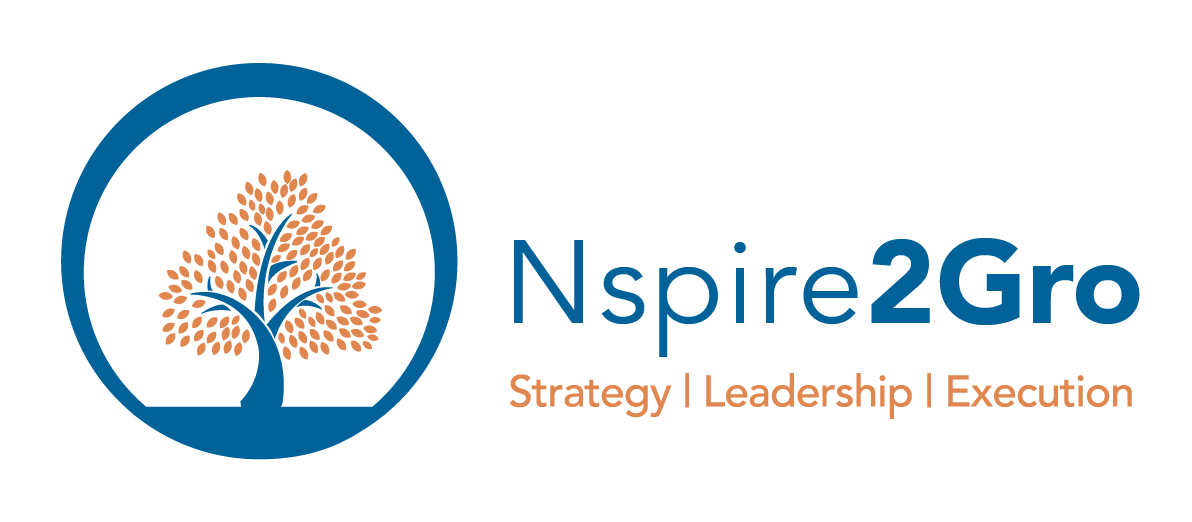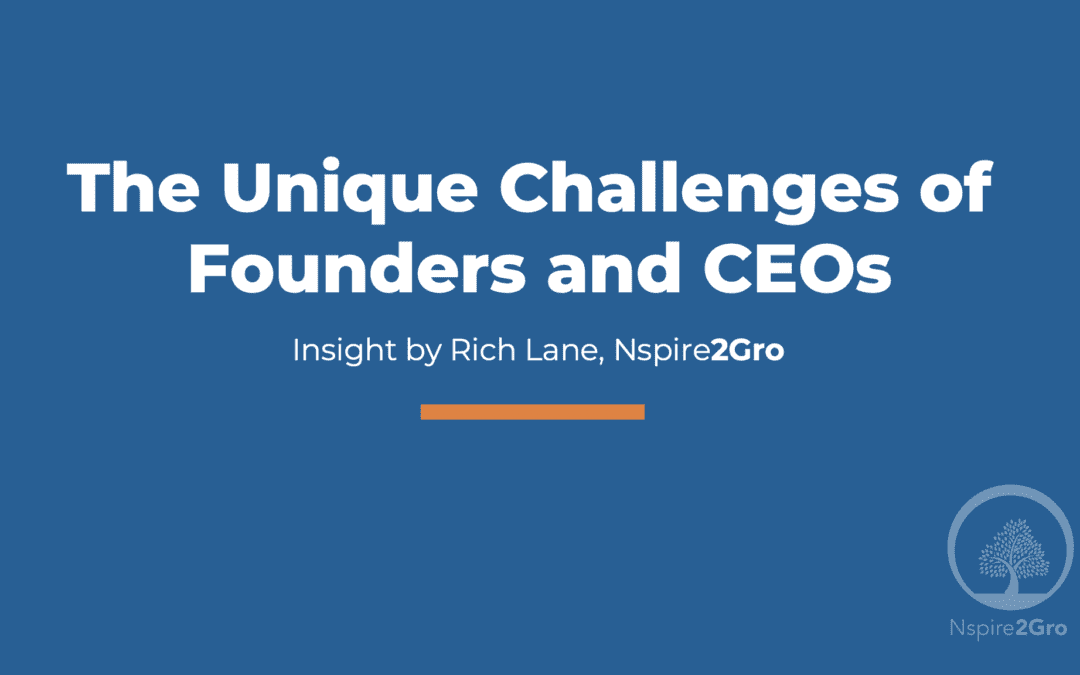Being a founder or CEO isn’t just a title — it’s a calling. But with that calling comes a unique set of challenges that, if not addressed, can hinder growth and limit potential. Navigating these obstacles is no easy feat, as the role demands adaptability, strategic thinking, and unrelenting perseverance. Unlike other roles within an organization, the position of CEO is uniquely isolating. The weight of every decision, from hiring key personnel to navigating market shifts, rests squarely on their shoulders. There’s no playbook for every scenario, and even with advisors and mentors, the sense of responsibility can feel overwhelming. Founders and CEOs are tasked with being visionaries, strategists, and leaders, all while fostering a healthy culture and driving results. It’s a delicate balance that, if mismanaged, can lead to burnout, stagnation, or missed growth opportunities. Recognizing and addressing these challenges is the first step toward sustained success.
Scaling the Business
Scaling a business is one of the most daunting tasks a founder can face. Moving from a small startup to a mid-size or large-scale operation requires more than just hard work — it requires a shift in processes, tools, and mindset. What worked during the early stages of growth may no longer be effective as the organization expands. Founders often find themselves caught in the trap of trying to maintain control over every aspect of the business. This tendency, while understandable, can limit scalability and slow down progress. True growth requires letting go, empowering team members, and trusting in a system of delegation and accountability.
Transitioning from Doer to Leader
Another crucial challenge is the shift from being a doer to becoming a leader. In the early stages, founders are involved in every aspect of the business — from product development to customer service to sales. As the company grows, the founder must step back from day-to-day tasks and focus on strategy, vision, and leadership. This transition can be uncomfortable and unfamiliar, often leaving founders questioning their value in the organization. Without the ability to shift perspective and take on a true leadership role, founders risk becoming a bottleneck for growth.
Developing a Diverse Skill Set
Developing a diverse skill set is yet another hurdle that founders and CEOs must overcome. While a founder may be an expert in product development or sales, they are now expected to master a range of skills in finance, operations, marketing, and human resources. This expectation can be overwhelming, as no one person can be an expert in all these areas. The pressure to “know it all” can lead to burnout, misinformed decision-making, and missed opportunities for growth. To navigate this challenge, founders must recognize their strengths, hire or develop talent to fill in the gaps, and lean on experts or mentors to guide them.
Managing Stakeholder Relationships
Managing stakeholder relationships adds another layer of complexity to the role of a CEO. As the business grows, founders must balance relationships with employees, customers, board members, and investors. Each stakeholder group has its own expectations and priorities, and misalignment among them can derail growth initiatives. Miscommunication, unresolved tension, and unclear priorities can lead to frustration on all sides. CEOs must become master communicators, capable of managing expectations and ensuring alignment across these diverse groups.
Creating Accountability and Alignment
Creating accountability and alignment within the organization is essential but often elusive. Without clear roles and accountability, employees may feel lost or underutilized, which can affect morale, productivity, and overall company performance. It’s up to CEOs to create an environment of ownership and clarity for their teams. This requires clearly defined roles, measurable goals, and consistent feedback. Without these structures in place, the business becomes chaotic, and progress stalls.
Solving Complex Problems with Limited Resources
Perhaps one of the most persistent challenges is solving complex problems with limited resources. When issues arise, founders often find themselves in “firefighting” mode, constantly reacting to crises rather than working proactively on growth initiatives. This reactive approach can lead to burnout and prevent the business from moving forward. Solving issues requires a systematic process to identify, prioritize, and resolve problems. Without this, momentum is lost, and leaders find themselves stuck in a cycle of repeated setbacks.
Overcoming Interconnected Challenges
While most challenges within an organization are distinct, they are usually interconnected or intertwined where one challenge can significantly impact the others. They cannot be solved in isolation. Scaling the business requires leadership growth, leadership growth requires a diverse skill set, and building a strong team requires clear accountability. Overcoming these challenges requires more than just grit — it demands clarity, structure, and a commitment to growth. Founders and CEOs who can rise to meet these challenges, position themselves — and their organizations — for sustained success.
If you would like to learn more about how Nspire2Gro can help you identify and address your unique challenges, click here to reach out to us here.

